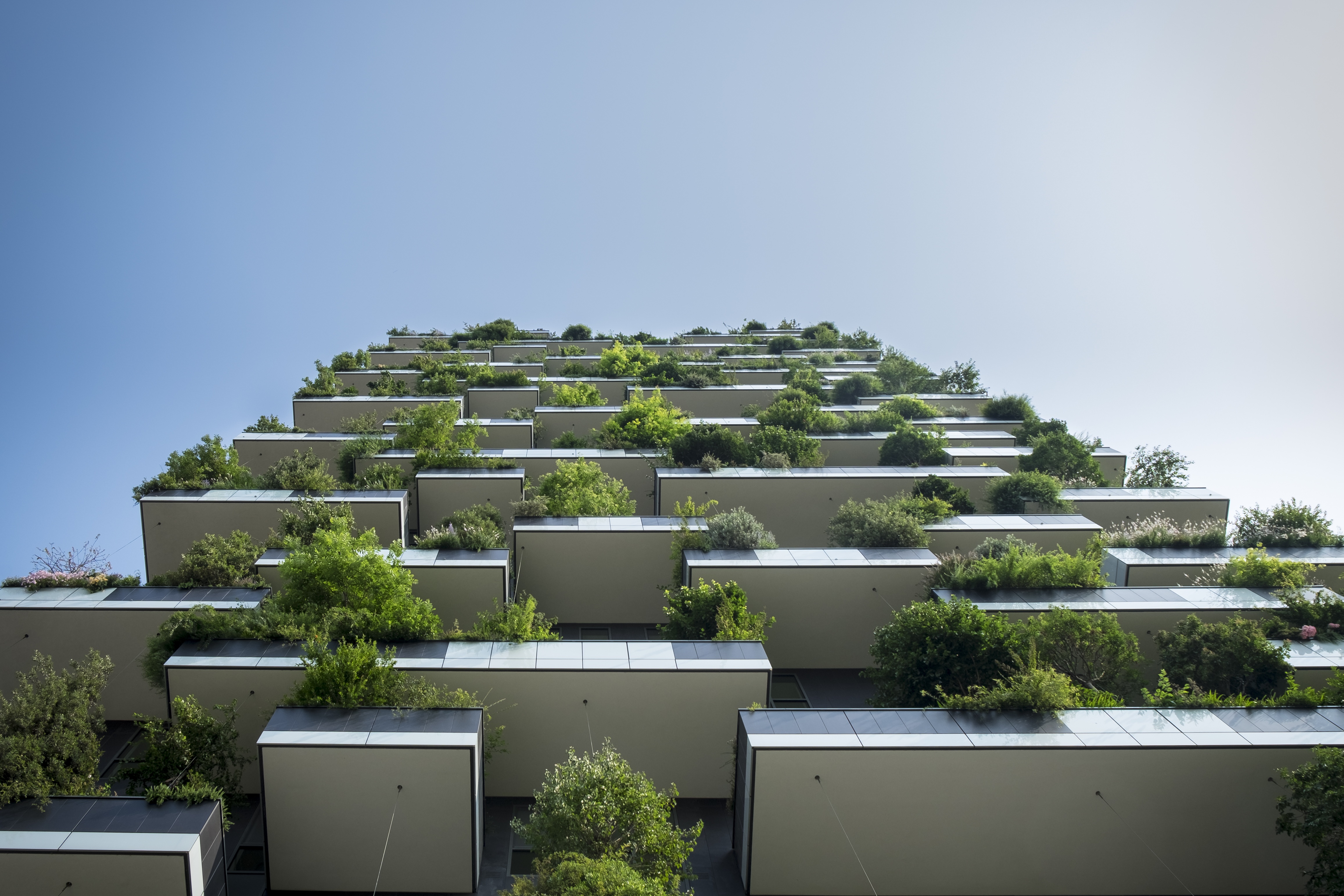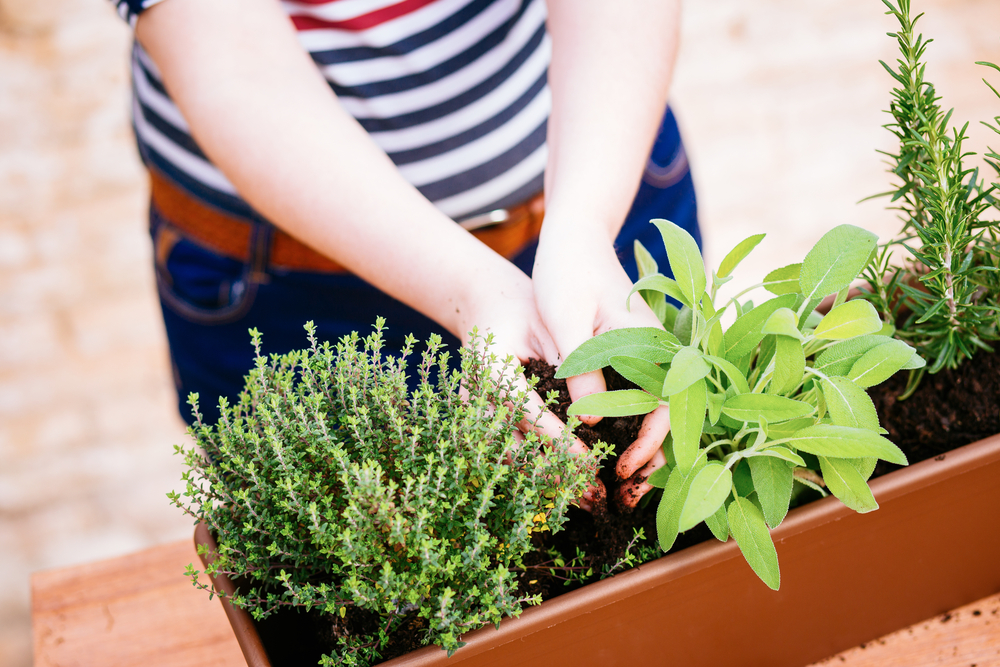Can you cut 1 Tonne of carbon pollution out of your life?
Take the challengeThe following is a guest post The City of Sydney's Green Villages
If you have a little bit of outdoor space on a deck or a balcony, make sure you're getting the most of out that space by following these top tips!
1. Step outside
Before you start, spend some time outside. Really assess your balcony: is it sunny all day, shady and cool, windy, in the direct face of the southerlies? This will help you choose the best plants to plant.
2. Create a wind-break
High-rise balconies – even if they're only one or two floors above ground – are often affected by wind. And if there's a sea view, expect those breezes to be salty. If possible, set up a windbreak using a trellis with a tough climber. Plant in heavy pots that won't blow over, and provide regular water to counteract the drying effect of the breezes.
3. Sun or shade?
Balcony gardens usually get light from only one direction – work out the aspect and plant accordingly. The ideal is north or north-east facing. If you're lucky enough to face this way, most plants will grow. East and south-facing balconies need shade tolerant plants. If you've got a west-facing balcony, go for tough heat and sun-tolerant plants like rosemary, carrots and pumpkins.

4. Maximise your space
You mightn't have an extensive acreage, but there's no reason why you can't maximise the vertical space on a balcony. Use hanging baskets and pots (could be time to unleash that secret love of macramé), as well as benches – with the sun-loving plants on top and the shady ones underneath.
Grow your own flowers: sweet peas
5. Get composting
If you've got room, a small worm farm on your balcony not only diverts your organic waste from landfill, it also produces wonderful food for your plants. There are also small benchtop composting bins available for lovely little spaces.
This list of things you didn't know that you could compost is a must-read for any home composter, and will help you to reduce the amount of waste you're sending to landfill.
6. Parsley, sage, rosemary and thyme
Herbs don't require much space and if you're keen on starting an edible garden, they're often the best way to begin. Simon & Garfunkel knew what they were talking about.
7. Time for fruit and vegies
Vegies such as garlic, tomatoes and carrots can grow in pots, and you can try snow peas and beans on a trellis. There are also dwarf varieties of citrus, and smaller fruit trees such as cumquats that not only look beautiful, but are perfect for a mean marmalade.
Love tea? Grow your own herbal tea at home
Learn all about edible flowers in this how-to guide

8. Balcony buddies
Companion planting can really help in keeping pests at bay. Marigolds have an offensive smell for most bugs, nasturtiums protect strawberries, and organic spray repellents such as garlic oil can keep away the nasties.
9. A little love
All gardens need a little regular love. It's a matter of keeping an eye on those pests and acting before there's an infestation, using organic plant food and of course, regular watering. One of the advantages of balcony gardening is that there's often a lot less you need to do than you would in a bigger patch – just a few minutes a day can result in a whole lotta goodness.
READ THIS NEXT: You can garden anywhere!
Images: Unsplash and Shutterstock
